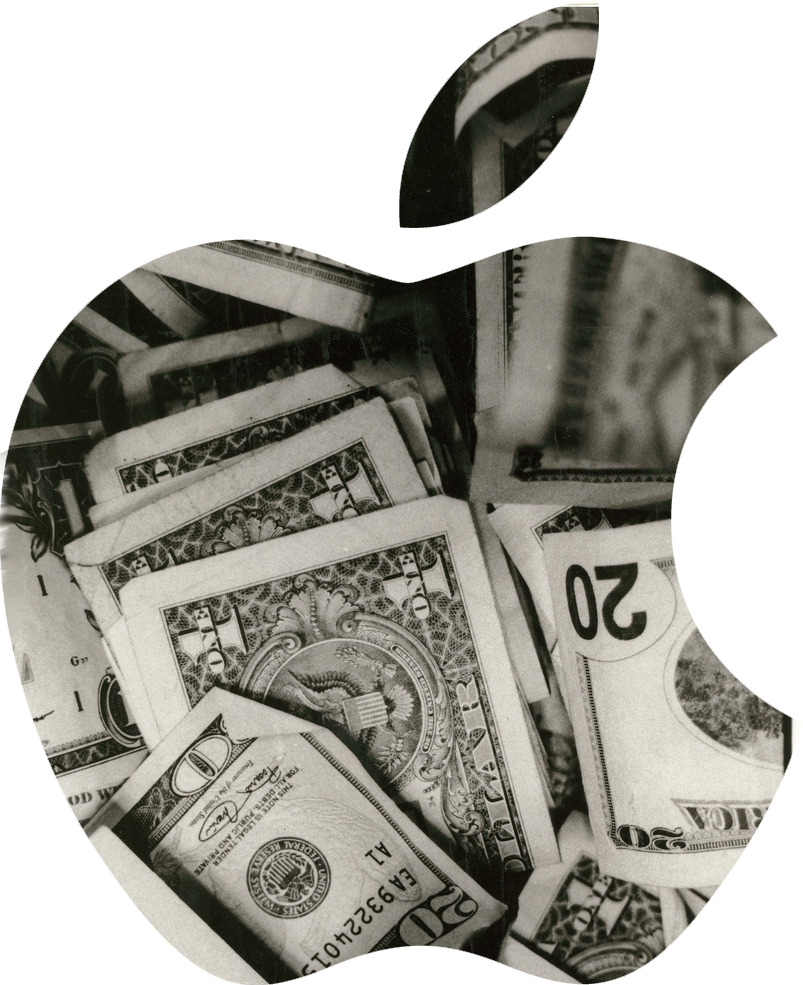Tarziu in cursul noptii trecute Apple a publicat o marturie in care isi exprima pozitia cu privire la ancheta senatoriala la care vor participa Tim Cook si membrii diviziei financiare a companiei. Senatul american acuza Apple ca si-a dezvoltat un paradis fiscal cu ajutorul unor subsidiare din afara SUA, evitand sa plateasca taxe pentru sumele de bani incasate. Raspunzand comunicatului Apple, senatorii americani isi sustin pozitia, afirmand ca subsidiarele Apple nu platesc vreunui stat taxe pentru banii castigati, Apple evitand sa plateasca miliarde de dolari bugetului american.
Apple wasn’t satisfied with shifting its profits to a low-tax offshore tax haven. Apple sought the Holy Grail of tax avoidance. It has created offshore entities holding tens of billions of dollars, while claiming to be tax resident nowhere. We intend to highlight that gimmick and other Apple offshore tax avoidance tactics so that American working families who pay their share of taxes understand how offshore tax loopholes raise their tax burden, add to the federal deficit and ought to be closed.
Apple plateste anual miliarde de dolari catre stat si este una dintre corporatiile care contribuie cel mai mult la bugetul federal, insa senatorii sustin ca este si una dintre companiile care efectueaza una dintre cele mai mari evaziuni fiscale. Ancheta senatoriala are rolul de a demonstra ca Apple face intr-adevar evaziune fiscala si daca acest lucru va fi intr-adevar dovedit, atunci exista posibilitatea ca Apple sa fie obligata sa plateasca taxe mari pe cele peste 130 de miliarde de dolari pe care ii are la dispozitie.
Apple claims to be the largest U.S. corporate taxpayer, but by sheer size and scale, it is also among America’s largest tax avoiders. A company that found remarkable success by harnessing American ingenuity and the opportunities afforded by the U.S. economy should not be shifting its profits overseas to avoid the payment of U.S. tax, purposefully depriving the American people of revenue. It is important to understand Apple’s byzantine tax structure so that we can effectively close the loopholes utilized by many U.S. multinational companies, particularly in this era of sequestration.I have long advocated for modernizing our broken and uncompetitive tax code, but that cannot and must not be an excuse for turning a blind eye to the highly questionable tax strategies that corporations like Apple use to avoid paying taxes in America. The proper place for the bulk of Apple’s creative energy ought to go into its innovative products and services, not in its tax department.






















